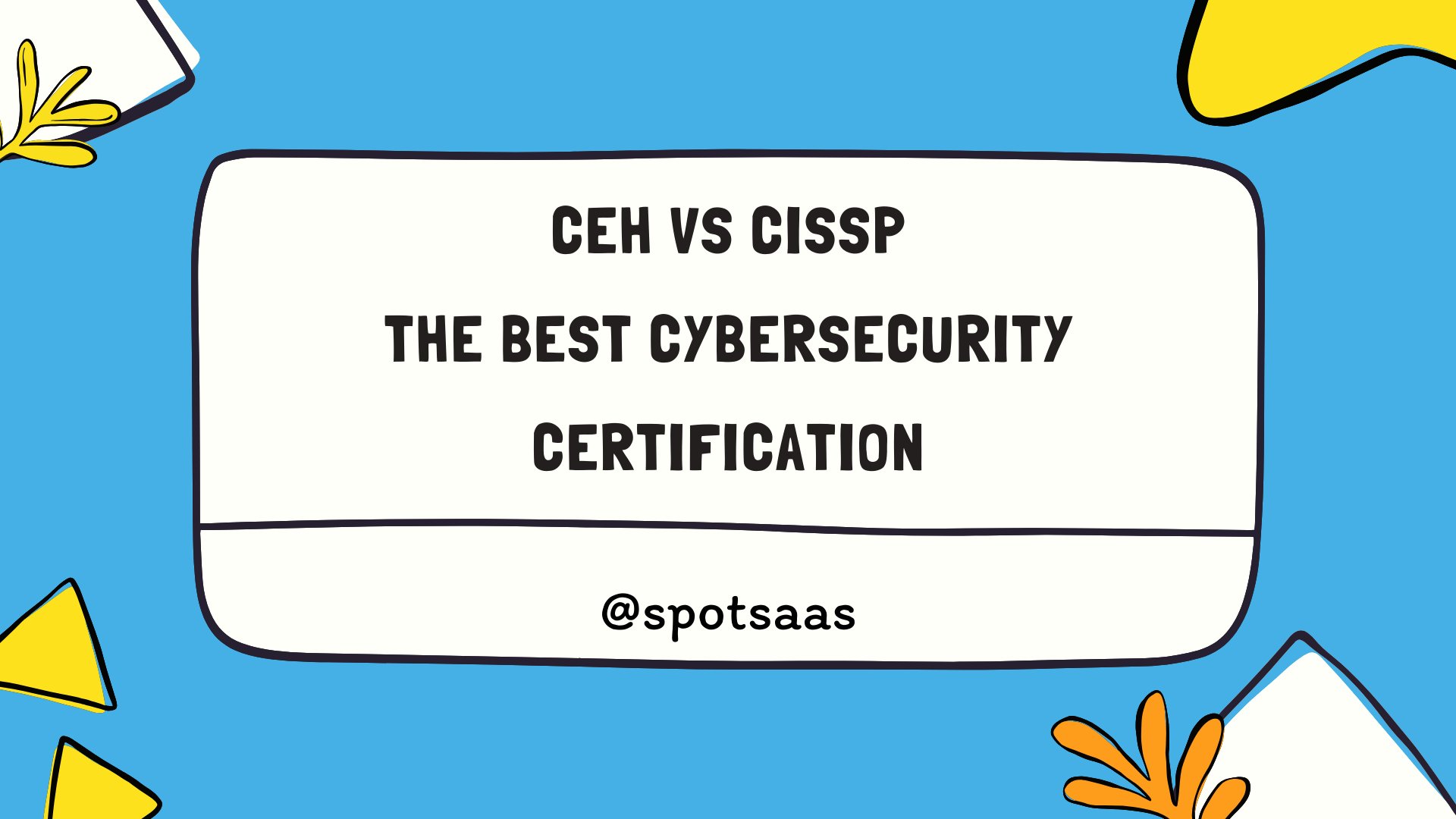Navigating the new hybrid work culture can be a daunting task for organizations and their teams. Recent studies show that software tools play an essential role in managing these unique challenges successfully.
This article will offer strategic insights on successfully leveraging various types of software to manage your hybrid workplace effectively. Ready to implement technologies that promote productivity, engagement, and seamless communication? Let’s dive in!
Key Takeaways
- Use project management apps and payroll software to maintain organizational culture, promote transparency, and empower employees in a hybrid work environment.
- Leverage collaboration tools like project management apps to prevent the fragmentation of teams and foster effective communication and teamwork.
- Utilize communication platforms, virtual team-building activities, and mentorship programs to address the lack of communication and socialization in a remote work setting.
- Set clear expectations, provide necessary tools and support, encourage socialization, respect employees’ choices and needs, and create equitable experiences to manage hybrid work culture successfully.
Understanding the Challenges of Hybrid Work Culture
Maintaining organizational culture proves challenging as employees work from different locations and may not have regular in-person interactions.
Maintaining Organizational Culture
Strong organizational culture serves as the backbone of a successful hybrid work environment. It forms through deliberate interactions and unique in-person events. Consistency plays an essential role in maintaining team morale and company values among remote workers.
The use of project management apps and payroll software helps facilitate communication, reinforces transparency, and empowers employees across locations. Reading the digital room during remote meetings ensures everyone feels seen, heard, and valued irrespective of their physical location.
Using technology effectively can create a culture built on empathy, inclusivity, and trust within the hybrid workspace.
Fragmentation of teams
Fragmentation of teams poses a significant challenge in hybrid work culture. This refers to the division or isolation that arises as team members start working in different locations and schedules.
Such divisions can disrupt teamwork, lead to miscommunication and create feelings of exclusion among team members. Project Management apps come into play here, promoting collaboration and keeping all team members connected irrespective of where they are located.
Similarly, Employee scheduling software ensures fair rotation of roles and tasks within the group, preventing any member from feeling left out or overloaded with work. It’s important to approach teamwork strategically in this context – crafting deliberate interactions is crucial for maintaining unity within diverse virtual teams.
Lack of communication and socialization
In a hybrid work culture, lack of proper communication channels can lead to misunderstandings and misaligned objectives. Team productivity may suffer if employees are not able to express their concerns or ideas effectively in the digital workplace.
Using collaboration tools such as project management apps are essential for keeping everyone on the same page, ensuring transparency and preventing vital information from getting lost.
Socialization is another critical aspect that often gets overlooked in a remote working environment. Employees might feel isolated due to limited opportunities for informal chats, team bonding activities, or spontaneous brainstorming sessions that naturally occur in an office setting.
Incorporating virtual social events and encouraging synchronous communication can foster greater camaraderie among hybrid teams. It’s also imperative to make any in-person events unique and memorable as these serve as valuable avenues for face-to-face interactions.
Strategies for Managing Hybrid Work Culture
Set clear expectations, provide necessary tools and support, encourage socialization, respect employees’ choices and needs, and create equitable experiences.
Set clear expectations
To successfully manage hybrid work culture, it is crucial to set clear expectations. This ensures that everyone understands their roles and responsibilities, leading to improved collaboration and productivity. Here are some important factors to consider:
| Strategy | Description |
|---|---|
| Define goals and objectives | Clearly communicate the overall goals and objectives of projects or tasks to your team members. This helps them understand what needs to be achieved and align their efforts accordingly. |
| Establish communication guidelines | Set expectations for how and when team members should communicate with each other. Define preferred communication channels, response times, and availability to ensure effective collaboration. |
| Clarify deadlines and milestones | Clearly define deadlines for deliverables and any intermediate milestones along the way. This helps in managing timelines effectively and ensures progress is tracked consistently. |
| Provide feedback regularly | Establish a culture of regular feedback, both positive and constructive. This helps employees understand their performance expectations and improve their work over time. |
| Encourage proactive problem-solving | Encourage employees to take ownership of their work by empowering them to identify problems on their own and come up with solutions. This fosters a sense of accountability and autonomy among team members. |
| Foster cross-team coordination | In a hybrid work setup, it’s important to promote collaboration between different teams or departments. Encourage regular cross-functional meetings or initiatives that facilitate idea-sharing and knowledge transfer. |
Provide necessary tools and support
To effectively manage a hybrid work culture, it is crucial to provide employees with the necessary tools and support. Here are some key ways to do so:
| Strategy | Description |
|---|---|
| Equip employees with necessary software | Equip employees with project management apps and payroll software to streamline workflow and ensure smooth operations. |
| Use employee monitoring software | Use employee monitoring software to track progress, identify areas for improvement, and offer guidance when needed. |
| Organize in-person events | Provide in-person events that are unique and memorable, fostering stronger connections among team members in both remote and office settings. |
| Focus on outcomes | Focus on outcomes rather than output when evaluating employee performance in a hybrid work culture. |
| Ensure deliberate interactions in remote meetings | Foster deliberate interactions during remote meetings, such as active participation, clear communication, and effective listening to maintain engagement. |
| Strategize teamwork | Approach teamwork strategically by assigning tasks based on individual strengths and promoting collaboration through virtual collaboration tools. |
| Utilize employee scheduling software | Utilize employee scheduling software to effectively manage hybrid schedules, ensuring a balanced workload for all team members. |
| Invest in the right technology tools | Invest in the right technology tools that support remote work, such as cloud-based platforms for seamless communication and productivity software for efficient task management. |
| Build a supportive culture | Create a culture built on empathy, inclusivity, and trust by using tracking software to prioritize work-life balance and well-being in a hybrid work environment. |
Encourage socialization
Encourage socialization in a hybrid work culture by:
- Organizing virtual team-building activities to foster connections and build rapport among remote and in-person team members.
- Creating dedicated social channels or groups on communication platforms to encourage informal conversations and sharing of interests.
- Holding virtual coffee breaks or happy hours where employees can gather virtually for casual conversations and bonding.
- Incorporating icebreaker activities at the beginning of virtual meetings to help break the ice and create a sense of community.
- Implementing mentorship programs that pair remote and in-person employees, fostering collaboration, knowledge sharing, and relationship building.
- Encouraging cross-functional collaboration through projects or initiatives that require teams from different departments to work together.
- Celebrating milestones, achievements, and birthdays virtually to maintain a sense of camaraderie and recognition within the hybrid workforce.
Respect employees’ choices and needs
Respecting employees’ choices and needs is crucial in managing a hybrid work culture. Here are some ways to ensure that their preferences and requirements are acknowledged:
- Allow flexible work schedules to accommodate different needs and personal obligations.
- Provide options for remote or in-person work, based on individual circumstances and comfort levels.
- Offer various communication channels to cater to different preferences, such as video calls, emails, or instant messaging.
- Listen actively to employees’ concerns and suggestions, and take them into consideration when making decisions.
- Encourage open dialogue and create a safe space where employees can voice their opinions without fear of judgment.
- Prioritize work-life balance by promoting boundaries between work and personal life, such as setting reasonable expectations for availability outside of working hours.
- Support employees’ professional development by providing opportunities for training, skill-building, and career growth.
Create equitable experiences
To manage a hybrid work culture successfully, it is crucial to create equitable experiences for all employees. This promotes fairness and inclusivity within the organization. Here are some key strategies to achieve this:
- Implement flexible work options that cater to different employee needs and preferences.
- Provide equal access to resources, tools, and technology regardless of physical location.
- Establish clear performance metrics and goals that apply to both remote and in-office workers.
- Encourage cross-functional collaboration and knowledge sharing among team members.
- Offer training and development opportunities that support career advancement for all employees.
- Foster a culture of open communication where everyone’s ideas and contributions are valued.
- Regularly assess policies, practices, and procedures to identify and address any potential biases.
- Ensure fair distribution of workload and opportunities across hybrid teams.
The Role of Software in Managing Hybrid Work Culture
Software plays a crucial role in managing hybrid work culture by facilitating remote collaboration, streamlining communication, tracking performance and productivity, and providing a centralized platform for team interactions.
Facilitating remote collaboration
Facilitating remote collaboration is essential in managing a hybrid work culture. With the use of collaboration tools and digital workplace platforms, teams can easily communicate and collaborate regardless of their location.
These tools enable real-time sharing of documents, scheduling and attending virtual meetings, and exchanging ideas through chat channels. By providing a centralized platform for team interactions, remote collaboration becomes more seamless and efficient.
This promotes teamwork, enhances productivity, and ensures that everyone is on the same page despite working remotely or in different locations.
Streamlining communication
Streamlining communication is vital in managing a hybrid work culture. By using digital communication channels and collaboration tools, teams can effectively stay connected and maintain productivity regardless of physical location.
Additionally, having a centralized platform for team interactions ensures that important information is easily accessible to everyone involved. This helps to eliminate the fragmentation of teams and minimizes any potential miscommunication or misunderstandings.
With seamless communication, hybrid work cultures can foster strong teamwork, enhance employee engagement, and ultimately drive overall business success.
Tracking performance and productivity
Tracking performance and productivity is essential in managing a hybrid work culture. It allows organizations to measure the outcomes of their remote teams and identify areas for improvement.
By using tracking software, managers can gain insights into individual and team performance, monitor progress on projects, and ensure that everyone is meeting their goals. This data-driven approach promotes transparency and accountability, while also providing valuable information for employee evaluations and performance management.
With the right tracking tools in place, organizations can effectively manage their hybrid workforce with confidence and make data-backed decisions to drive productivity and success.
Providing a centralized platform for team interactions
A centralized platform is essential in managing a hybrid work culture, as it allows team members to easily collaborate and communicate regardless of their physical location. With the help of collaboration tools and digital workplace platforms, teams can share information, documents, and updates in real time.
This improves transparency and ensures that everyone is on the same page. Additionally, a centralized platform allows for efficient project management by providing a single source of truth for all team members.
It simplifies task allocation, progress tracking, and deadline management. Overall, having a centralized platform enhances team productivity and promotes effective communication in a hybrid work environment.
Utilizing the right technology also helps create meaningful interactions among team members who may be working remotely or from different locations. By using video conferencing tools and chat applications with built-in features like emojis or reactions, teams can foster engagement during virtual meetings or discussions.
These platforms enable better non-verbal communication cues such as facial expressions and body language even when face-to-face interaction is not possible. Moreover, using these tools enables flexible scheduling options for synchronous communication so that teams can find mutually convenient times to collaborate effectively.
Conclusion
In conclusion, managing a hybrid work culture successfully requires the use of software to facilitate remote collaboration, streamline communication, track performance and productivity, and provide a centralized platform for team interactions.
By leveraging the right tools and technology, organizations can create an equitable and productive work environment that supports their employees’ needs and enables effective teamwork regardless of location.
Embracing software solutions is essential in navigating the challenges and maximizing the benefits of hybrid work culture.
FAQs
1. What is hybrid work culture?
Hybrid work culture refers to a combination of remote and in-office work, where employees have the flexibility to choose their working location.
2. How can software help manage hybrid work culture?
Software can help manage hybrid work culture by providing tools for communication, collaboration, task management, and tracking productivity across remote and in-office teams.
3. Which software is best for managing hybrid work culture?
There are various software options available for managing hybrid work culture, such as project management tools like Trello or Asana, video conferencing platforms like Zoom or Microsoft Teams, and communication apps like Slack or Microsoft Outlook.
4. Can software ensure effective communication among remote and in-office employees?
Yes, software can facilitate effective communication among remote and in-office employees through features like instant messaging, video calls, file sharing capabilities, and virtual meeting rooms.
5. How does using software benefit organizations with a hybrid work culture?
Using software benefits organizations with a hybrid work culture by enhancing collaboration efficiency between team members regardless of their physical location while promoting transparency, organization-wide alignment,and improving overall productivity levels.




